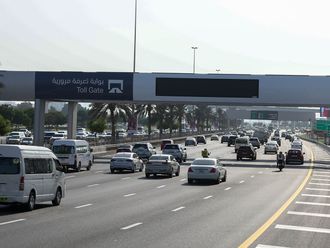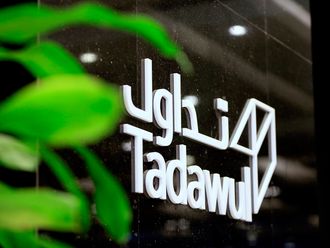New Delhi: India's central bank has said it will not facilitate payments for Iranian crude imports, in another blow to the Islamic Republic's oil business as global pressure on Tehran grows over its nuclear programme.
Although UN sanctions do not forbid buying Iranian oil, the US has pressed hard for governments and companies to stop dealing with Tehran. Many oil majors and banks have abandoned their dealings since then.
US President Barack Obama visited India last month and said he supported its bid for a permanent UN Security Council seat.
The Reserve Bank of India (RBI) said in a statement on Thursday Indian oil imports payments to Iran will have to be settled outside the existing Asian Clearing Union (ACU) mechanism, which involves the central banks of India, Bangladesh, Maldives, Myanmar, Iran, Pakistan, Bhutan, Nepal and Sri Lanka.
"It has now been decided that payment for import of oil and gas should be settled in any permitted currency outside the ACU mechanism," the statement said.
Common platform
Indian oil industry sources said the change notified by the RBI could hurt their imports as it would force NIOC and Indian firms to find a common platform - probably a European bank - for settling trade, instead of the central banks.
"Somewhere we (National Iranian Oil Co and Indian firms) have to converge, otherwise there will not be any trade," said a source at one of the Indian oil firms with direct knowledge of the matter.
Iran is a major oil producer and the only exporter among the ACU block, while India is the biggest importer among them. Trade with Iran faces credit hurdles due to sanctions.
India imported about 426,000 barrels per day from Iran in 2009-10, but this may decline as major refiner Reliance Industries has not renewed its term deal.
The sanctions make it difficult to open letters of credit, which are often required for the buyer and seller of a cargo to guarantee payment upon delivery or at an agreed future date.
A second industry source said the move could make imports extremely difficult. Asked if the move by RBI would make Iranian crude oil expensive, this source said: "No. I don't think it would be easy to import at all."
Finding an alternative bank for Iranian oil trade instead of central banks will be difficult, this source said, adding EIH Bank of Germany, which used to act as a facilitator for such transactions for the ACU members, has been brought under sanctions.
The US Treasury Dep-artment in September sanctioned Tehran-owned European-Iranian Trade Bank, called EIH Bank in Germany, for facilitating billions of dollars of transactions with Iranian banks that the US and European Union have blacklisted for aiding Iran's nuclear or missile programmes.












